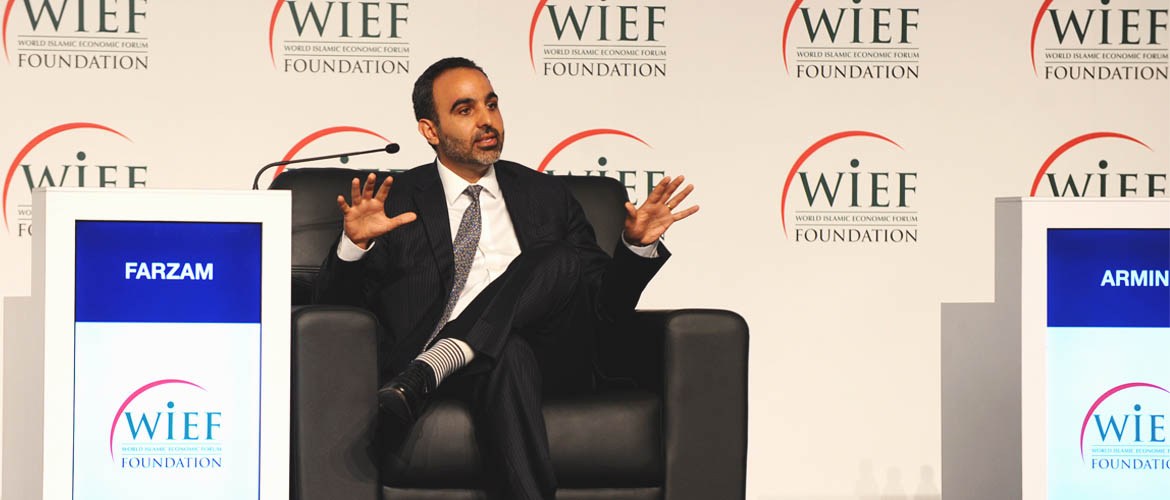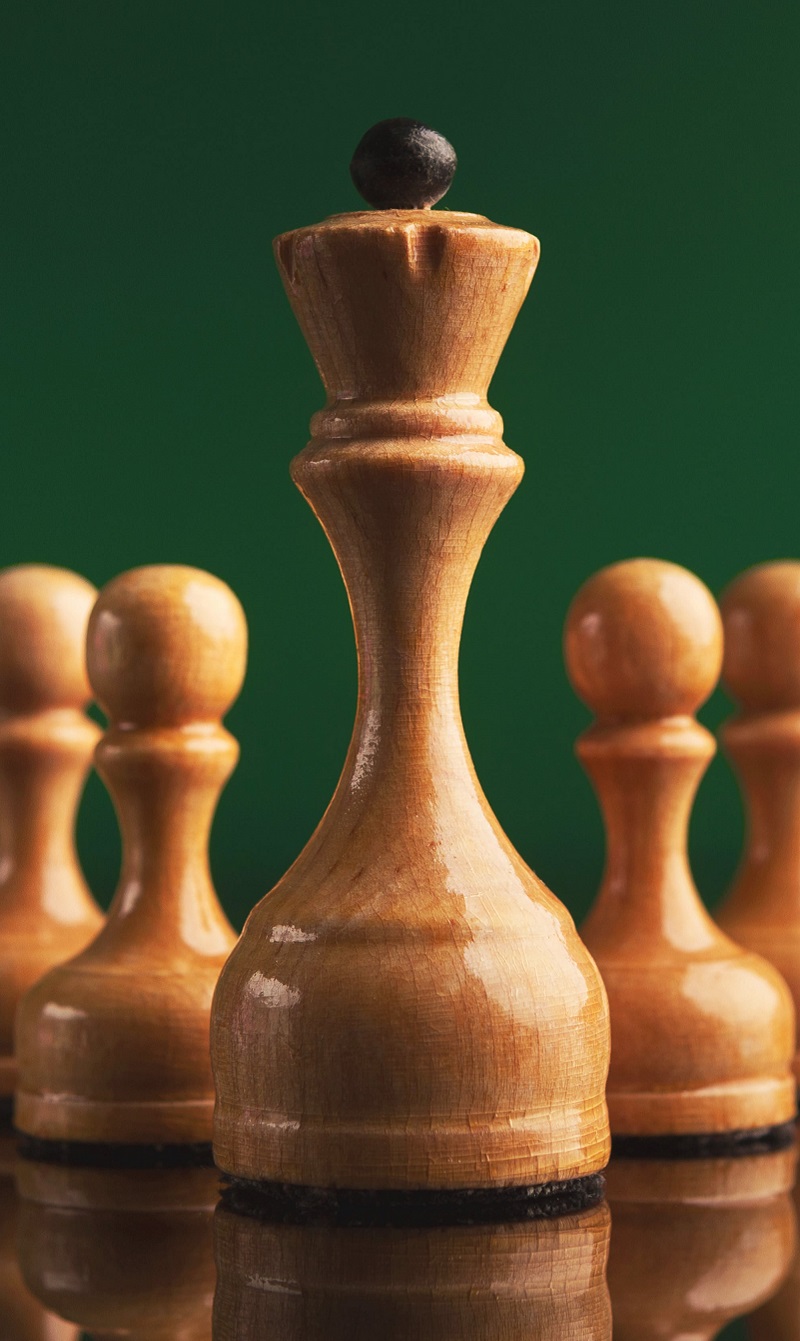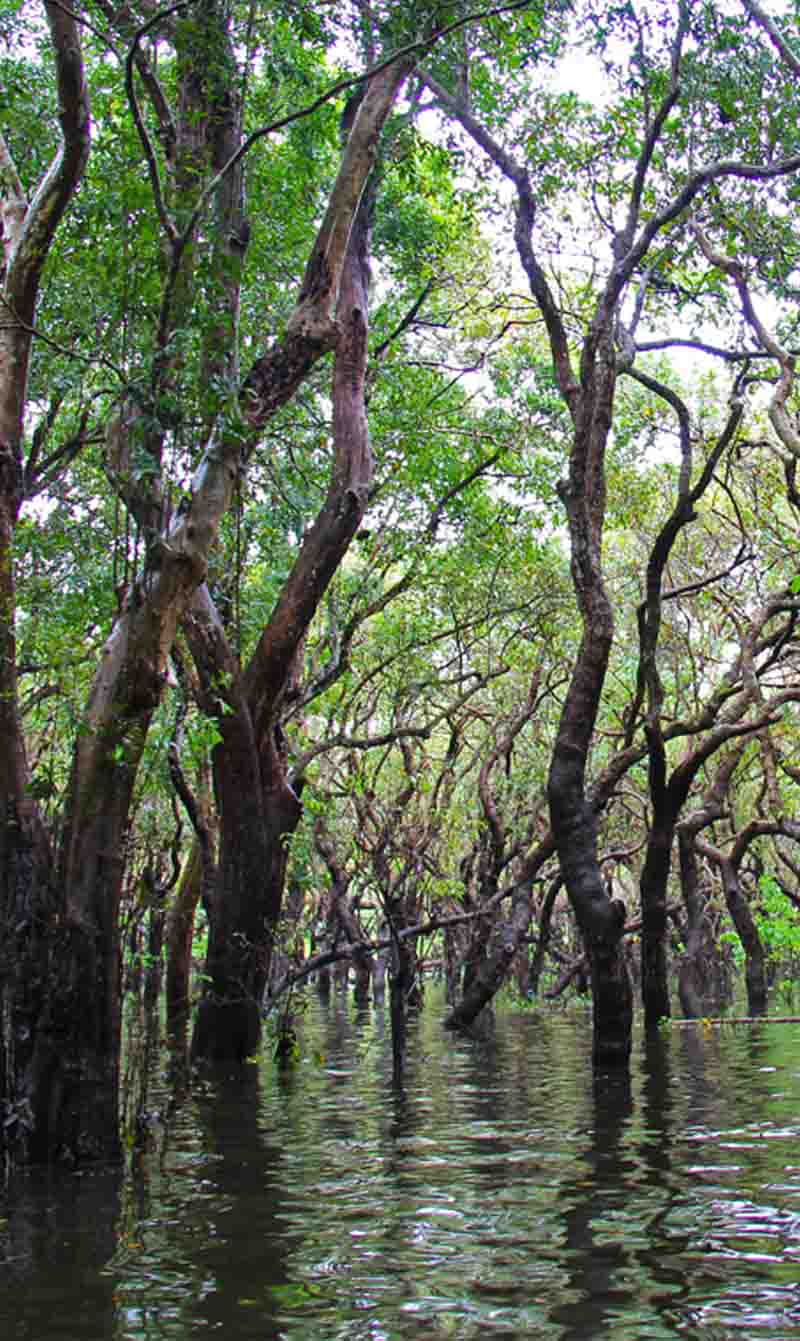Tech-ing care of things
New tech disruptions are paving unfamiliar grounds for businesses but some are ever ready to take on new challenges.
When the world’s disruptive technologies rise, people can no longer ignore its effects. Living through forces of new currencies and digital platforms will indefinitely remould paths once walked. At the 13th WIEF in Kuching, experts discussed what their disruptive innovations brought to the fore and how it’ll shape the future.
A threat or an opportunity?
More and more innovations are greatly increasing the mobility and connectivity of things around us but this also poses a security threat. Professor Arif M. Ansari of Data Sciences and Operations Department from the Marshall School of Business argues that putting things on the internet then figuring it out was outdated thinking. The new thinking is based on analytics and the new brain’s deep learning networks. That involves engines that are able to detect things before they happen.
The solution for companies is to buy or invest in content creating companies. Professor Arif advises for companies to evolve their business models to exploit Internet of Things (IoT) where they can, for instance, be an apparel maker as well as fitness network and offer a complete fitness solution to consumers.
As far as the IoT is concerned, some may think what good can it do for the economy? Todd Ashton, president of Ericsson Malaysia, Sri Lanka and Bangladesh says that by 2022, around seven trillion dollars’ worth of revenue will be related to IoT. Enablers such as broadband is a financial economic imperative for countries. ‘Many studies also show that for every one per cent increase in broadband connection, there’s 2.3 per cent increase in new business registrations,’ he says.
While security doesn’t limit humans’ imagination, Todd imagines many disruptions will happen in industries as things get more interconnected. That will drive the IoT economy. IoT can be connected in many ways and it can actually save money too, it’s just a question of imagination.
Blockchain’s impact on trade
The change in the internet of information has also changed how people exchange information. Anything of value can be sent and this can impact global prices as well as future businesses.
With experience in the blockchain startup, Lockheed, Alan Laubsch, director of Natural Capital Markets at Lykke explains how they are building one global market place for all assets. This market place will have free value exchange, just like the exchange of information, without friction, with zero per cent transaction fees. His mission at Natural Capital Markets is to list and make real the world’s largest asset class ecosystem that makes life possible.
Expert Farzam Ehsani, who is the blockchain lead at the Rand Merchant Bank (RMB), and served as chairperson of the South African Financial Blockchain Consortium, looks at how blockchain can change the financial system in South Africa and beyond.
Armin Osmancevic, co-founder and CEO of Mybazar said that blockchain allowed Mybazar sellers and their products to be verified by customers directly and it’s not only about currency. It also improves communication and made transactions faster, even with refund, removing the middleman.
This, according to Farzam, allows the possibility of looking at tokens of value that are trans-national, trans-border that facilitate trade across borders questioning the very nature of our economic and social systems of a nation-state. Soon enough payments will be just like emails – where it doesn’t matter where one lives.
This disrupts the model of e-commerce today and by removing the middleman, we reduce the fees. Though there is a concern of where this is going. Farzam expresses the revolutionary aspect of it all. Anything digital can be copied and pasted effectively, indefinitely, at zero cost. So, anything that becomes digital, is really not scarce, except in blockchain.
‘What’s really important is that when I give you something or my money, I no longer have it,’ Farzam explained. The magic of what a blockchain did, was that for the first time it enabled to create digitally scarce assets without requiring a trusted intermediary to make sure that it remained scarce.
Blockchain allows for a decentralised global network that transcended borders, this was not to say that all was rosy. Farzam added that they were still only at the beginning of understanding what this whirlpool could bring.
Though security may be an issue with mining cryptocurrencies, ‘There is now a generation of blockchains out there that are faster, better governed, and more secure,’ Alan reassures. Despite the negative impacts these technologies could bring, it didn’t stop people from seeing its potential. ‘Be curious about the potential transformation,’ Farzam concludes.
___________________
For more on 13th WIEF and our Foundation’s initiatives, download our 2017 report here.
Photo Credit:
Denys Nevozhai





